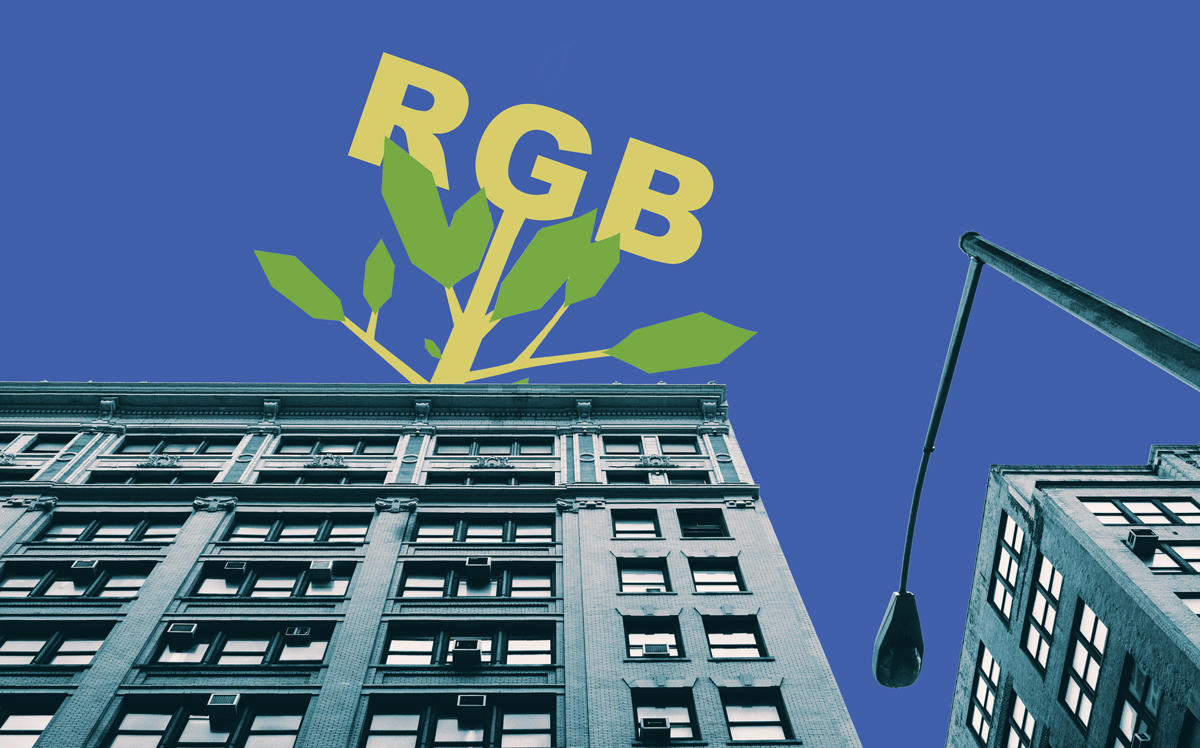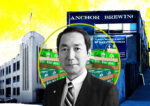Trending
State punts question of rent increases on vacant stabilized apartments to city
State housing regulator released a memo that said the city will need to decide how increases apply to vacancy leases

Among the many questions landlords have asked since the passage of New York’s new rent stabilization law concerns vacant apartments: Can rent increases approved by the Rent Guidelines Board be applied to these units? The state’s housing regulator just weighed in and the answer is … maybe.
In a recent memo, the state division of Homes and Community Renewal advises that it will be up to the city’s RGB to determine if landlords can increase rents in vacant units based on the renewal increases approved by the board for one- and two-year leases. Though the agency clears the way for areas outside the city to hike rents in vacant units based on the rates set by their county guidelines board, New York City is the exception. HCR states that the rent board will specifically need to authorize the application of its renewal rates to vacant units, cases where tenants would be signing leases for the first time.
The state’s guidance has left some in the industry scratching their heads.
“When the [Housing Stability and Tenant Protection Act of 2019] was adopted, there was a lot of concern that because the vacancy allowance was abolished and because the statutory language did not clearly allow for rent increases on vacancy leases, based on the lease renewal rate, that there could not be any rent increase on a vacancy lease,” said Alvin Schein, a partner at Seiden & Schein. “The issue is still confused.”
He pointed to a footnote in HCR’s memo: “Upon vacancy, these guideline rates cannot be taken in New York City during this guideline period, unless authorized by the Rent Guidelines Board.”
The new rent law eliminated vacancy bonuses, which allowed landlords to hike rents by 5 to 20 percent when a rent stabilized apartment was vacated. The law also barred the RGB from applying additional vacancy allowances, which hadn’t been done since the 1990s. A representative for HCR acknowledged that the law “allows for a single RGB rate for one-year stabilized leases and a single RGB rate for two-year stabilized leases, without regard to the lease type” but that NYC’s board will need to specifically authorize an increase on vacancy leases.
“No separate vacancy lease bonus or separate RGB increase for vacancy leases are allowed,” a spokesperson for RGB said in an email. “No more than one guideline board increase may be added per guideline year.”
In June, the RBG approved a 1.5 percent increase for one-year renewal leases and 2.5 percent hike for two-year leases for both rent-stabilized apartments and lofts, with a 39 percent permissible increase for decontrolled units. The new rent stabilization law limits the ways in which landlords can bump up rents in regulated apartments, leading some to predict that more pressure will be placed on the RGB to increase renewal rates. Though owners can still hike rents by renovating their buildings — through the Major Capital Improvement and Individual Apartment Improvement programs — the law capped these significantly.
Since the passage of the Housing Stability and Tenant Protection Act of 2019 in June, the real estate industry has raised other questions about the measure’s application. Some real estate attorneys have had mixed interpretations of a provision of the law that limits apartment application fees to $20.
According to the new law, a landlord, lessor, sub-lessor or grantor can only charge up to $20 dollars to conduct a background check, but attorneys and elected officials disagree as to whether this excludes brokers and managers.




